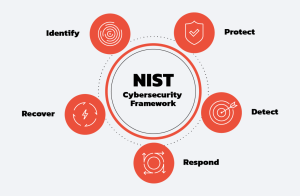Panda users faced a difficult situation when the Spanish
security software firm reported an update that classified components of its own technology as malicious.An upgrade to a number of Panda antivirus programs on Wednesday mistakenly indicated key files as
malware, putting them in detention. In this execution, the antivirus system stopped working.
Consequently the enterprise PCs running the antivirus software became tangled leaving some systems either insecure or unable to access the internet. A Panda spokesman affirmed the problem while advising that the issue was well in hand.
“A bad update was published temporarily today [Wednesday] that resulted in some system files being detected by the Panda engine, a replacement update was promptly published removing the error and restoring the wrongly quarantined files,” a Panda representative told El Reg.
He further added, “At present we recommend NOT rebooting systems. This will allow us to update the system with the amended update. This update will also restore files previously detected.”
Panda’s free antivirus, retail 2015 service, and its enterprise cloud-based antimalware service are all affected. However it is not understandable how many machines have been disconcerted.
The company has warned the users on Twitter, “Please, Don’t reboot PCs. We’ll keep you posted.”
In an advisory, Panda said the erroneous signature file was “repaired immediately,” but warned under certain conditions it is possible for the “incident to persist.”
It has not happened for the first time that an antimalware service has erroneously stratified key files as malware. In 2010, McAfee accidentally deleted a essential Windows XP file and blocked millions of machines. False positives involving antivirus updates have distressed all vendors from time to time
Recently Google-owned VirusTotal incorporated with several companies, including Microsoft, to minimize the number of false-flags in its antivirus products.
The resulting problems are extremely worst when Windows operating system files are falsely classified as potentially malicious and quarantined, ensuing unusable Windows systems. Panda’s auto-immune screw-up would have caused corresponding problems.
























